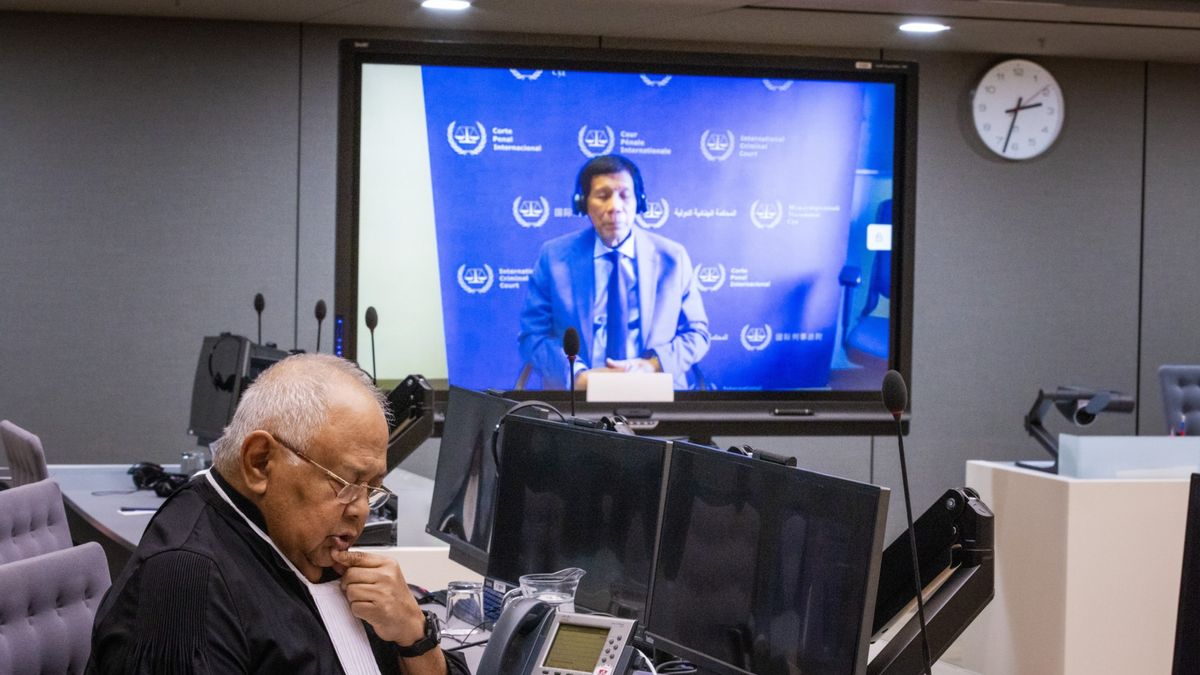The arrest of the Philippines' former president leaves the country's drug war in disarray

```html
The Duterte Arrest: A Turning Point or a Sideshow in the Philippines' Drug War?
The ICC's Indictment and the Legacy of Violence
The International Criminal Court's arrest of former Philippine President Rodrigo Duterte on March 11th sent shockwaves through the international community. Charged with "murder as a crime against humanity," Duterte now faces potential punishment for his alleged role in the brutal war on drugs that defined his presidency.
The ICC accuses Duterte of orchestrating the systemic, extrajudicial killings of thousands of Filipinos suspected of drug involvement. While the formal charges relate to 43 specific murders between 2011 and 2019, the actual death toll is estimated to be far higher, ranging from a staggering 6,000 to over 12,000, according to The Nation. These victims, predominantly from the working class and poor communities, were often labeled as "drug suspects" and denied due process, with reported victims including children as young as three years old.
A Complex Problem Persists Under New Leadership
While Duterte's arrest marks a significant moment in international justice, the Philippines' struggle with drug trafficking continues. Current President Ferdinand "Bongbong" Marcos Jr., while initially promising a less violent approach, has largely maintained his predecessor's policies, according to the Council on Foreign Relations. This raises questions about the true impact of the ICC's intervention.
Even if Duterte is brought to trial, likely not before 2026, the underlying issues within the Philippines remain. As Foreign Policy notes, holding individual police officers accountable for the killings will be incredibly challenging, leaving many families without justice. Furthermore, Duterte's supporters retain considerable political influence, hindering efforts for systemic reform. As former Philippine Senator Leila de Lima told Foreign Policy, the country needs "laws that will rebuild and strengthen institutions to make sure that they can withstand the next time another Duterte comes along."
The Duterte Dynasty and the Future of Philippine Politics
Adding another layer of complexity to the situation is the continued political presence of the Duterte family. Sara Duterte, the former president's daughter and current vice president, is a leading contender to succeed Marcos Jr. Her tumultuous relationship with the current president, marked by public threats and insults, as reported by The New York Times, further complicates the political landscape.
The upcoming midterm elections are shaping up to be a proxy war between the Marcos and Duterte families, with the drug war issue taking center stage. As The New York Times observes, Marcos Jr. is "gambling that he can eliminate the Dutertes as a political force without any major backlash." The future of the Philippines' drug policy, and the pursuit of justice for the victims, hangs in the balance.